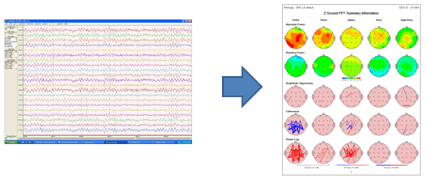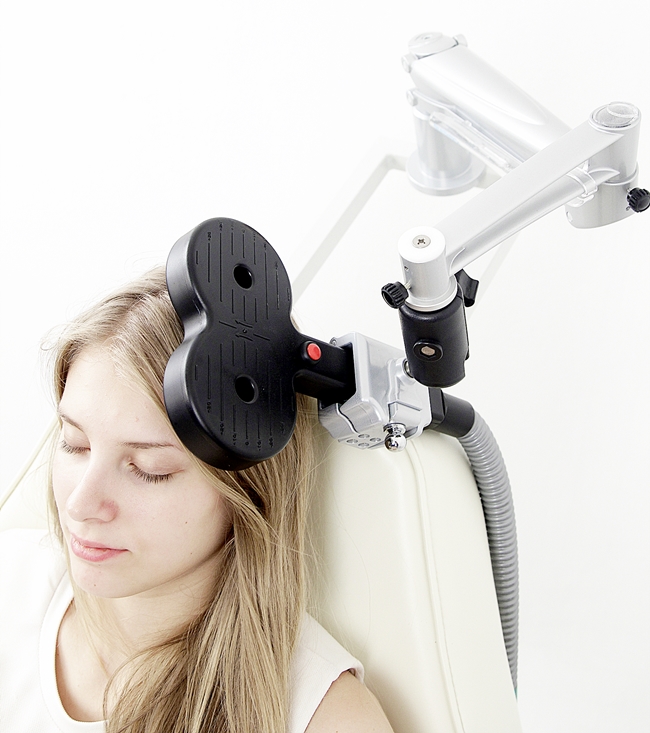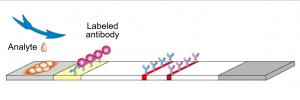Depression is a common mental illness and is also called a ‘Mental Cold’. Everyone can often feel depressed in their daily lives. However, in psychiatry, depression is not a temporary state of general mentality, but includes things such as thought content, thought process, motives, desire, interests, behavior, sleep, and physical activity decline. When these symptoms appear almost every day and all day, they are called depression, and in this case, it requires not just a diversion, but professional treatment.
Symptoms of Depression
Major symptoms of depression include melancholy, lack of will, decrease of interest, sleep disorders such as insomnia, weight changes associated with loss of appetite or increase of appetite, lack of attention, repeated thoughts about suicide and attempted suicide. It also includes overall negative thoughts, feelings that your life is not valuable, excessive guilt, reduced daily function, inability toward academics, decrease of productivity, family conflicts, and divorce. If you have depression, the method you may have used to overcome stress will be useless. You may tell yourself "I don't think I can overcome this, and this kind of pain will continue forever."
Causes of Depression
Depression typically occurs at a time of biological changes, caused by stress, interacting with a biological predisposition that causes changes to the brain's neurotransmitters and signaling pathways. Patients suffering from depression often blame their weak mental strength, without being medically treated when symptoms of depression appear. However, the real reason for depression is in the brain. The reason is that the amygdala and hippocampus, which control stress and emotions, are not functioning properly. At this time, when hypersecretions of cortisol happen due to chronic stress, the hippocampus is damaged. When the mechanism of the hippocampus responsible for suppressing cortisol secretion is damaged, stress levels cannot be properly adjusted. In addition, when cortisol acts on the nucleus of locus ceruleus(a collection of nerve cells having melanin pigments) and suppresses the secretion of norepinephrine(neurotransmitters) the raphe nucleotoxin(group of nerve cells) suppresses serotonin secretion and causes depression.
Diagnosis of Depression
The first method of diagnosing depression is self-diagnosis. CES-D(Center for Epidemiologic Studies Depression Scale) is one of the most commonly used self-reporting scale tests for depression screening. Next, there is a psychological examination. Psychological examinations conducted by skilled clinical psychologists help establish treatment plans. For example, the depression center of Samsung Seoul Hospital conducts Quantitative electroencephalography testing (QEEG). QEEG is an examination method that uses a special computer program to quantify brainwave activity, which translates analogue signals into digital signals and processes them with a brain imaging technique to create a topographic steering of the brain.
 |
| Quantitative electroencephalography(QEEG) - The Depression Center of Samsung Seoul Hospital |
Depression Treatment Methods
There are various treatment methods for depression. First, there is a drug treatment. Drugs for depression began to be developed after the effects of treating depression with an antituberculosis drug were revealed by chance in 1952. Drugs that treat depression are called antidepressants. Antidepressants give patients the benefit of feeling better, improving sleep, and the drugs are not addictive. Antidepressants include drugs named Fluoxetine and Paroxetine. A second treatment is psychotherapy. Psychoanalysis is different from a general doctor’s consultation. It's based on the free association of speaking honestly to a psychiatrist without holding back information, even if you don't want to express the thoughts and feelings that come into your head because they don't seem to make sense. The third type of treatment is phototherapy. It is a particularly useful treatment for patients who have seasonal depression, and daylight becomes shorter and night-time becomes longer. It uses a method to view light boxes that emit 5~10 times more light than normal indoor lighting. Light enters through the eyes, changing the sleep-wake cycle, affecting melatonin metabolism and improving depression symptoms. Finally, there is Transcranial Magnetic Stimultation(TMS). TMS is effective in treating depression by inducing electric currents through magnetic fields to the frontal lobe of the brain. This method does not require anesthesia.
 |
| Transcranial Magnetic Stimultation(TMS) - Medical Times, Jeong Hui-seok |
Corona Blue
Recently, the situation of COVID-19 has been prolonged, so a new term called 'Corona Blue' has been coined. "Corona Blue" is a compound word of "COVID-19" and "Depression (Blue)". It is a symptom of feeling negative or physical discomfort caused by the spread of infectious diseases. Patients who complain of Corona Blue have many physical symptoms such as chest pain, headache, giddiness, tinnitus, and indigestion, and tend to feel depressed or more at unease than before. The number of Corona Blue consultations has been 374,221 in six months of this year (As of August 2020 in Korea). It is higher than the number of depression consultations of 353,388 last year.
Ways to Overcome Corona Blue
In order to overcome Corona Blue, we need to communicate with each other on the phone, e-mail, and SNS to maintain a social distance, but the distance of the mind should be close. It is also necessary to maintain physical and mental vitality through light exercise and walking. Wearing a mask and walking in a quiet place or exercising alone at home are good ways to do this.
Depression is an effectively treatable disease with an initial complete cure rate of 70~80% within two months. However, many people can't get help from experts and are going through this difficulty alone. If you feel symptoms of depression, be sure to consult an expert or call 139 at the Korea Suicide Prevention Center or 129 at the Ministry of Health and Welfare Emergency Call Center.
Yoon Sun-young sunflower0180@naver.com
<저작권자 © 홍익대영자신문사, 무단 전재 및 재배포 금지>





